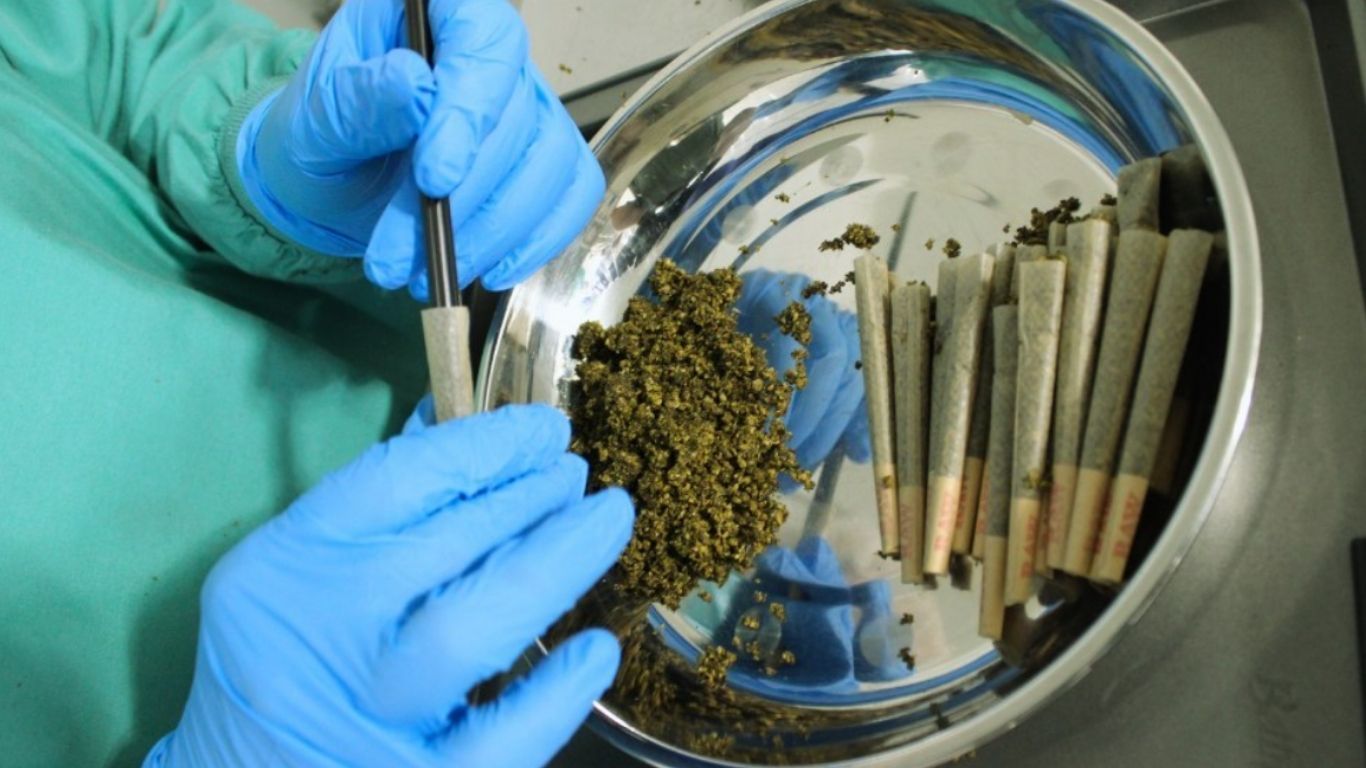
With the annual Lift Expo kicking off this week, the cannabis industry’s summer season is officially in full swing. At StratCann, we covered a few different subjects— the matter of fees in BC’s Direct Delivery program (‘too high!’ say some), rising sales figures coupled with falling workforce numbers, as well as an academic study showing that consumers are quality conscious, but remain stubbornly focused on THC when making purchasing decisions. Oh, and another recall of a CBD product containing melatonin.
Elsewhere, it was a week filled mainly with corporate updates and maneuvers from Canada’s big producers.
The headline news item of the week might be Canopy Growth purchasing a 20 percent stake in London, ON’s Indiva, in a deal that sees Canopy take over marketing and distribution of Wana Gummies, one of Indiva’s most successful products. (They have been manufacturing and distributing Wana Gummies since 2020.)
The head of the Ontario Cannabis Store, David Lobo, lamented the “race to the bottom” in terms of cannabis prices, suggesting in a Canadian Press report that it was threatening the entire industry. “Once you condition consumers to certain prices, it may take a generation to change perceptions and price tolerances,” Lobo said in a speech on the first day of the Lift Expo.
Health Canada shared information on how licensed producers can work with the regulator’s 12-month plan to come back into compliance with regulatory fees.
Speaking of Health Canada, Eric Costen—currently Senior Assistant Deputy Minister, Industry Sector, Innovation, Science and Economic Development Canada (ISED)—was appointed as Associate Deputy Minister of Health, effective June 26, 2023. Costen had previously been leading work at ISED to address industry issues.
The federal health authority also rejected the request by the Victoria Cannabis Buyers Club (VCBC) for an exemption from the Cannabis Act. The club, operating since 1996, submitted their application to Health Canada in 2021. The VCBC argued that they needed the exemption to meet the needs of it’s clientele.
The price of Shoppers Drug Mart’s cannabis assets, which were purchased a couple of months back by Avicanna, has been publicized: $2.6 million, plus some revenue-based payouts for the next two years. The two companies also announced that the deal is set to close next month, at which point the existing Shoppers platform will be transitioned to Avicanna’s new sales platform.
Canadian firm Cronos is pulling out of the U.S. CBD market, hoping to streamline its cost structure and “improve cash flow.” Like some of their competitors, Cronos has been sniffing around the US CBD and hemp markets mainly as a way to position themselves for hoped-for regulatory changes that haven’t materialized down south. Cronos CEO Mike Gorenstein said they still believe that the U.S. has the potential to be a major cannabis market—but progress has been slow.
Organigram announced that it was investing $8 million in a Portland, Oregon-based genetics company called Phylos, in a bid to develop and bring to market more THCV products here in Canada (including a vape cart that they plan to launch this summer). “We know consumers are using cannabis products for a variety of purposes, which is why genetics with high concentrations of novel cannabinoids like THCV are of particular interest,” says Beena Goldenberg, Chief Executive Officer of Organigram.
BZAM announced its Q1 financial results this week, recording record quarterly revenues of $35 million, up 41 percent over last year. Still, their EBITDA for the quarter was negative, coming in at a $3.9-million loss.
Retail chain Fire & Flower is “reviewing strategic options” as the company struggles with cash flow. In a press release this week, the company said it had started working with a financial advisor to determine a way to raise more money, stating that the company “will require additional financing and is actively pursuing financing options” moving forward—all in all, not a great forecast for one of the first retail chains in Canada.
And finally, some new research is suggesting an explanation for why stoners (sorry—“habitual cannabis users”) are statistically leaner than the general population, despite their proclivity for what researchers describe as “hedonic high-calorie eating—the ‘munchies.’” Researchers from UC Irvine studied mice and found that “adolescent exposure to THC may promote an enduring “pseudo-lean” state that superficially resembles healthy leanness but might in fact be rooted in adipose organ dysfunction.” (My advice? Berries and grapes make for the best summer munchies snack.)

































